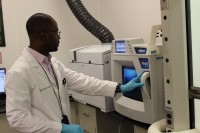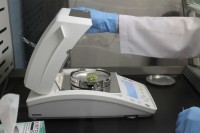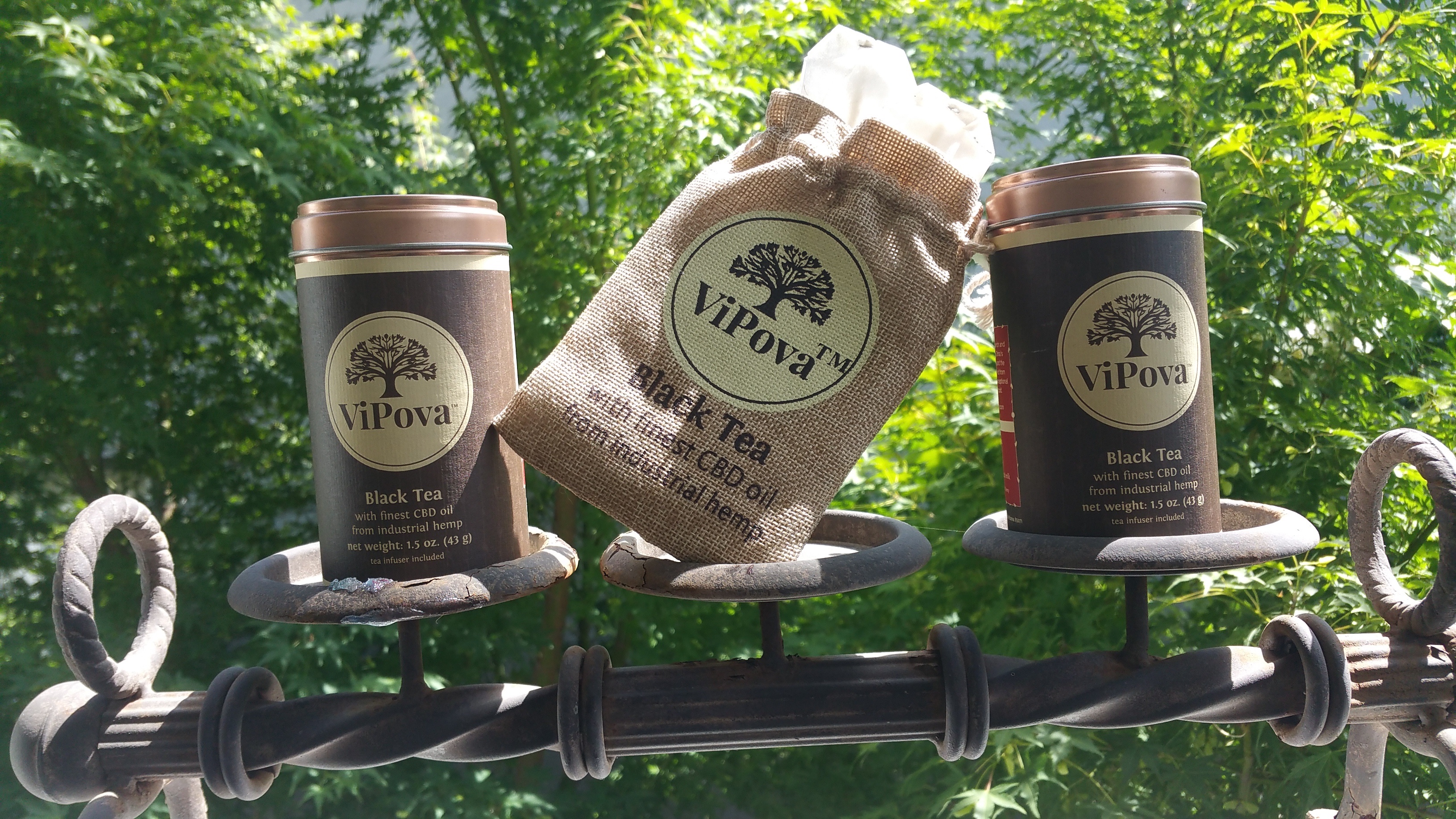Laboratory testing is an integral part of the cannabis industry for the same reasons it is important in the food industry. To ensure the consumer is ingesting a safe product, accurate testing should be required for microbials, pathogens, pesticides, heavy metals, and perhaps most importantly dosage. Unfortunately, however, the problem is that testing requirements are not quite there yet in the handful of states that have legalized marijuana for recreational or medical purposes. This creates a degree of uncertainty in the marketplace, which is detrimental to the growth of the industry as a whole.

Lauren Finesilver, Executive Chef at Sweet Grass Kitchen, sits on a counsel for compliance with C4 (Colorado Cannabis Chamber of Commerce). Finesilver believes “We are a food manufacturer first and foremost so we need to ensure we sell a final product that is safe for the public and [one] that consumers know is coming from a responsible manufacturer.” Ahead of marijuana rule changes that are soon to come, Colorado’s Marijuana Enforcement Division (MED) announced five new rulemaking working groups, one of which will address testing, packaging, and labeling.
Some states, including Colorado and Nevada, have made impressive strides in implementing proper testing regulations.
“Nevada has done a really good job from the start in designing a program where they have at least addressed some of the issues with product quality including testing, labeling, and potency requirements,” says Tobias Paquet, Chief Scientific Officer of C3 Labs, LLC (Cannabis Chemistry Consulting).
Paquet, who previously worked at Waters Corporation as a field chemistry specialist, cites potential contamination at almost every step of the cannabis supply chain from seed to sale. “Some of the biggest concerns with contamination during cultivation or extraction are pesticides, heavy metals, and microbial contamination,” he says, adding that he is most concerned about two microbial carcinogens—mycotoxin and aflatoxins.
“We aim to provide reliable and consistent labeling that is accurate and reflects the contents of that product,” says Paquet. “This comes with a validated method on qualified instruments and laboratory accreditation.”

Much like the food industry, accurate testing across the board is needed for consumers to feel safe ingesting edibles containing marijuana. Laboratories that operate in states where marijuana is already legal need to utilize good laboratory practices and standards to ensure consistency.
“We have been working to create an accreditation process that is accepted on a national level,” says Roger Brauninger, biosafety program manager at the American Association for Laboratory Accreditation (A2LA). “Without firm state laboratory accreditation regulatory requirements in place, the possibility exists that people may shop laboratories to get the results they want. So if applied across the board, ISO 17025 accreditation would help reduce that, thereby helping to create greater consistency of tests results between laboratories, ultimately helping to reduce marketplace confusion.”
The cannabis industry has the momentum to become a safe and regulated marketplace as state reforms continue, with testing and analytics acting as the wind behind its sails.
Matt Karnes, founder and managing partner of GreenWave Advisors, LLC, suggests that by 2020, assuming full legalization occurs in all 50 states and D.C., the lab testing industry could easily reach $850 million (this figure includes testing, data analytics and consulting services). The firm provides an analysis of each state’s potential market size which is predicated on its U.S. retail marijuana forecast of $35 billion (again, assuming full legalization by 2020). Karnes was recently cited in a Forbes article suggesting that cannabis testing is one of a handful of top new technology investment opportunities.
Karnes’ predictions echo that of many when discussing the cannabis analytics space. “More states are becoming focused on standardized laboratory testing requirements,” he says. “There is really no consistency, which is something that needs to be worked out.”
While a handful of states work toward achieving good laboratory standards, players in the cannabis industry, including laboratories, dispensaries, and cultivators, continue to self-regulate when it comes to safety and quality.
CannabisIndustryJournal.com, our newest publication, will be launched in late September. CannabisIndustryJournal.com will educate the marketplace covering news, technology, business trends, safety, quality, and the regulatory environment, aiding in the advancement of an informed and safe market for the global cannabis industry. Stay tuned for more!











